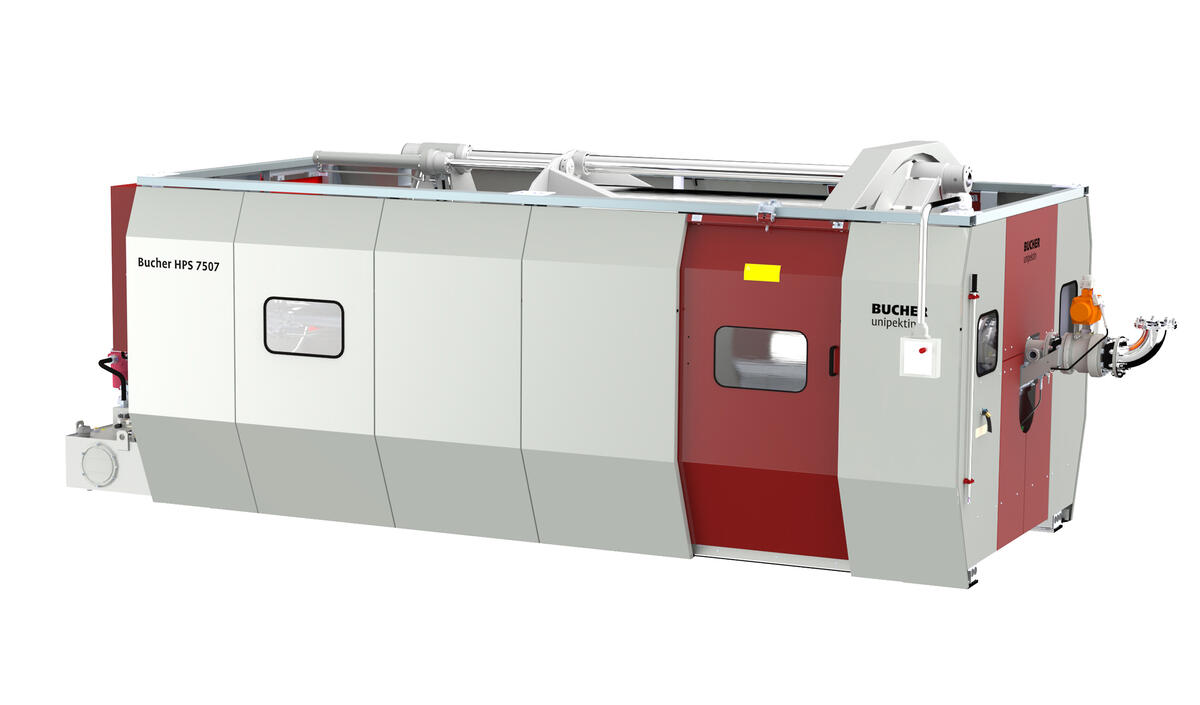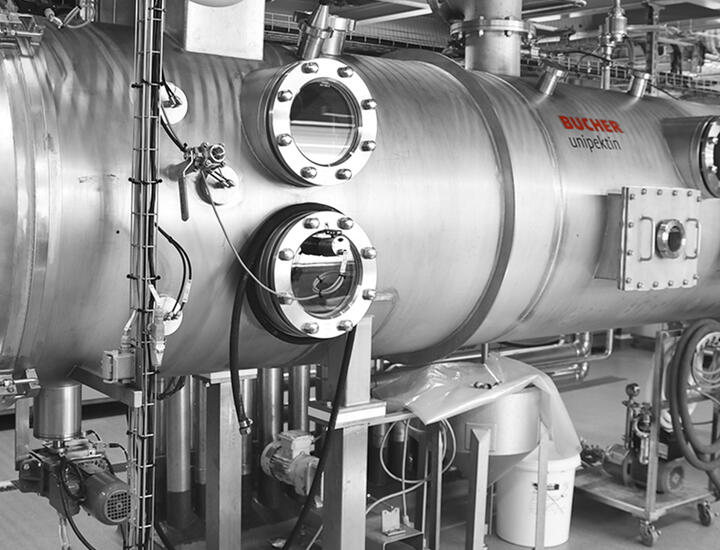Industrial sewage sludge
Processing industrial sewage with natural raw materials, feedstock, food or daily goods often uses huge amounts of water.
Canned vegetables may arrive ready to heat, but previously these vegetables will have been cleaned, peeled, blanched or pre-cooked. The result of this process produces a lot of highly contaminated effluent.
The same could be said of the leaching of sugar beets or cane, which causes as much as effluent as the extraction of starch from corn, potatoes or crop.
In slaughterhouses, and at meat processing factories, processing stores for entrails use huge volumes of water, with the side products from butcheries processed to fat, oils and collagen, and the skin processed to leather in a tannery. This all results in highly polluted waste water.
Similarly, when wood is solubilized to pulp, paper, cellulose or textile fibre, highly contaminated water with dissolved side components of wood will be generated.
In smaller processing factories the effluent is processed in a municipal Sewer Treatment Plant (STP), whereas bigger processors run their own STP, which are often the same size as for municipalities.
Micro-organisms absorb the dissolved materials and reproduce by segmentation. In this way Surplus Activated Sludge (SAS) is created. Together with suspended solids from manufacturing process, SAS forms the sludge which is processed by the STP. And this material must be incinerated in most cases.
To prevent the use of much primary, external energy, the sludge must be dewatered mechanically to the highest possible degree to keep the furnace running.
Many business cases on a semi-industrial scale showed Bucher technology as the predominant benchmark in this field.
So, it’s no surprise that if you happen to be sitting on a leather chair in a car, or on a boat, train or aeroplane, there’s a high chance that a Bucher HPS contributed to the comfortable feeling and finished result.

 Switzerland
Switzerland  Poland
Poland 
 Czech Republic
Czech Republic  Germany
Germany 

 Spain
Spain 

